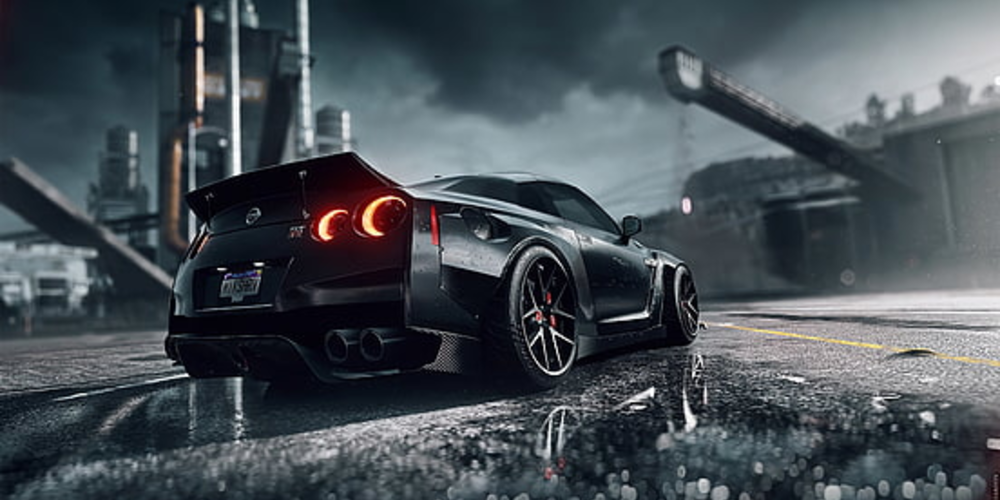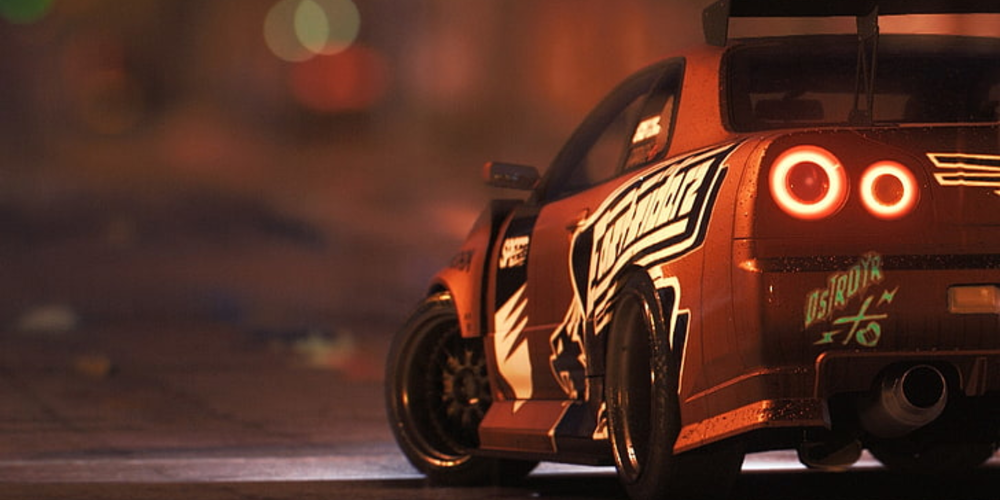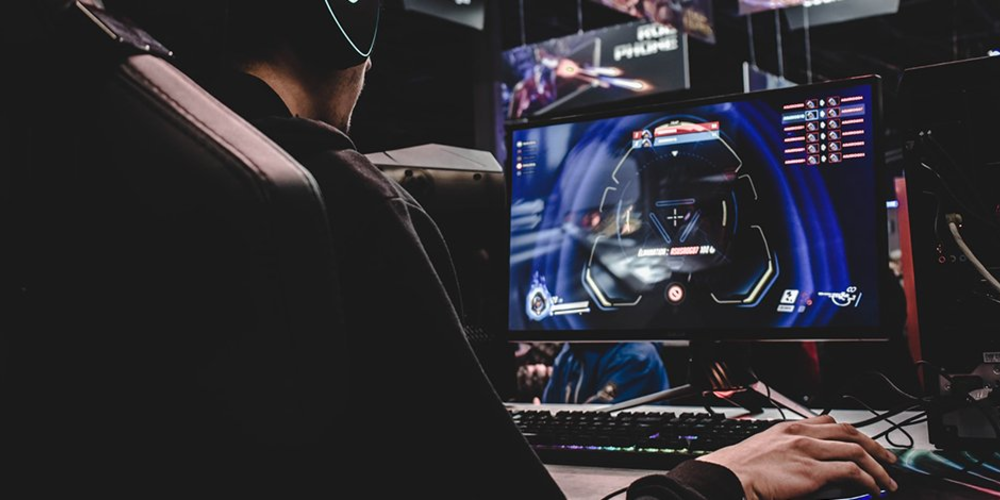Mastering the Art of Speed: The Pivotal Role of Reaction Speed in Gaming
- 114

In the fast-paced world of gaming, reaction speed isn't just a skill—it's an essential element that can significantly influence a player's success and enjoyment. Whether it's about making split-second decisions in an intense battle, navigating through complex environments, or competing against other players, the speed at which one reacts can be the difference between victory and defeat. This piece examines the intriguing elements of response times in gaming, discussing their impact, the significance of rapid decision-making, and ways in which players can sharpen this essential ability.
Gaming is more than a form of entertainment; it's a test of skill, strategy, and, notably, reaction speed. The ability to quickly process information and respond accordingly is a trait shared by the most elite gamers. From the rapid movements in first-person shooters to the critical decisions in strategy games, reaction speed underpins many aspects of gaming. Understanding its role, effects, and how to improve it can elevate a player's game to new heights. Let's unravel the components of reaction speed in gaming and shed light on its paramount importance.
The Influence and Aspects of Speed in Games

A. The Role of Reaction Speed
At its core, reaction speed in gaming refers to how swiftly a player can respond to a change or an event within the game. This can range from dodging an unexpected attack, executing a combo move, to making a strategic decision based on an opponent's action. The faster a player can react, the more likely they are to succeed in their endeavors.
B. Cognitive Processing and Physical Execution
Reaction speed in gaming encompasses two primary elements: cognitive processing and physical execution. Cognitive processing involves recognizing the stimuli, understanding what it means, and deciding on the appropriate response. Physical execution is the ability to carry out that decision through the game's controls. Both aspects must work seamlessly together for optimal performance.
C. Speed's Impact on Gaming Experience
The speed at which a player reacts not only influences the outcome of the game but also affects the overall gaming experience. Quick reaction times can lead to more exhilarating and dynamic gameplay, providing a sense of accomplishment and adrenaline. On the other hand, slower reaction times might result in frustration, missed opportunities, and a less satisfying experience.
Speed of Decision Making in Gameplay

A. Split-Second Decisions
Many games demand that players make split-second decisions. These rapid choices can drastically alter the course of the game, making the ability to think and act quickly a valuable skill. Games designed with time-sensitive challenges or where players compete in real-time against others highlight the critical nature of speedy decision-making.
B. Strategic Thinking and Speed
It's a common misconception that quick reactions are purely instinctual. In reality, they often involve a significant amount of strategic thinking. Players must not only react swiftly but also choose the best course of action under pressure. This blend of speed and strategy elevates the cognitive demands of gaming, engaging both reflexes and reasoning skills.
C. Adapting to Game Dynamics
Games are dynamic, with changing environments, objectives, and opponents. A player's ability to quickly adapt to these changes directly influences their performance. Fast decision-making enables players to navigate new challenges effectively, maintain control in volatile situations, and exploit fleeting opportunities.
Enhancing Reaction Speed in Gaming

A. Practice and Familiarity
One of the most effective ways to improve reaction speed is through consistent practice and increasing familiarity with the game. Repetition not only sharpens reflexes but also builds muscle memory, allowing players to execute actions more instinctively and with less conscious thought.
B. Cognitive Exercises
Engaging in cognitive exercises can enhance the speed of information processing and decision-making. Puzzles, brain training apps, and even playing a variety of games can stimulate the brain, improving overall cognitive flexibility and reaction time.
C. Physical Health and Well-being
A participant's reaction speed can be greatly influenced by their physical well-being. Consistent physical activity, sufficient rest, and a nutritious diet can enhance cognitive performance, leading to improved quickness and precision in responses.
Conclusion
Reaction speed is a critical component of gaming that influences a player's performance, the strategic depth of gameplay, and the overall experience. It involves both the mental processing of information and the physical execution of actions. By understanding its importance and working to improve it through practice, cognitive exercises, and maintaining good physical health, players can enhance their gaming skills significantly. In the competitive and ever-evolving world of gaming, mastering the art of speed can be a game-changer.